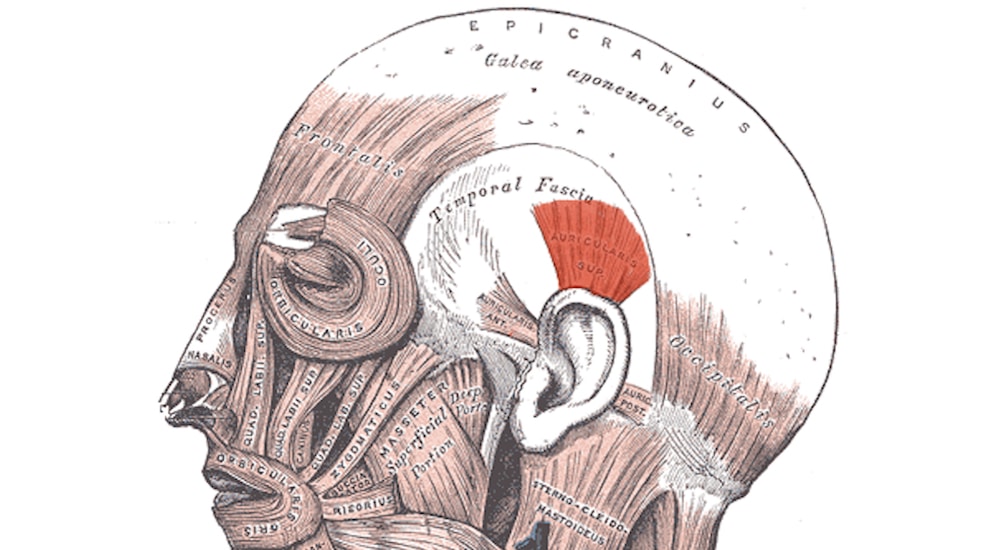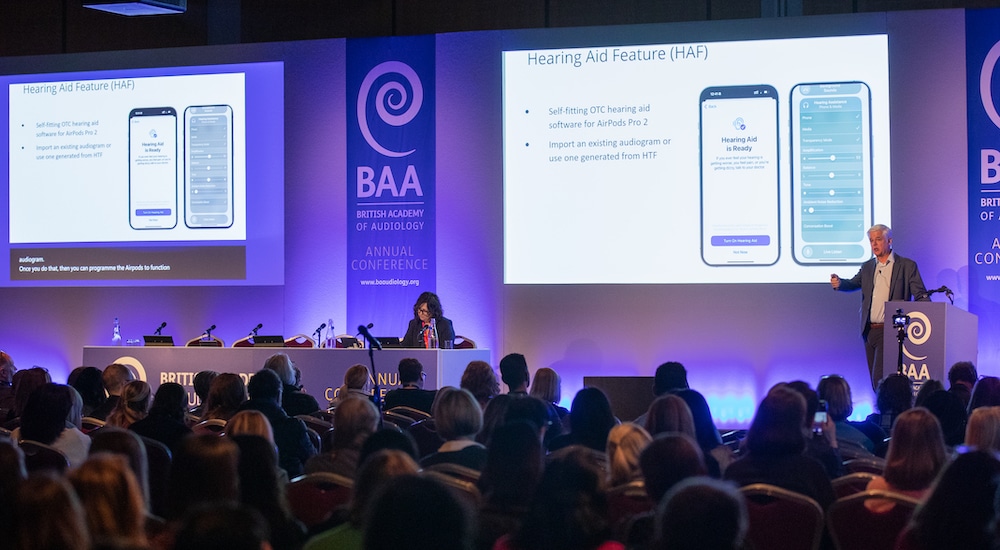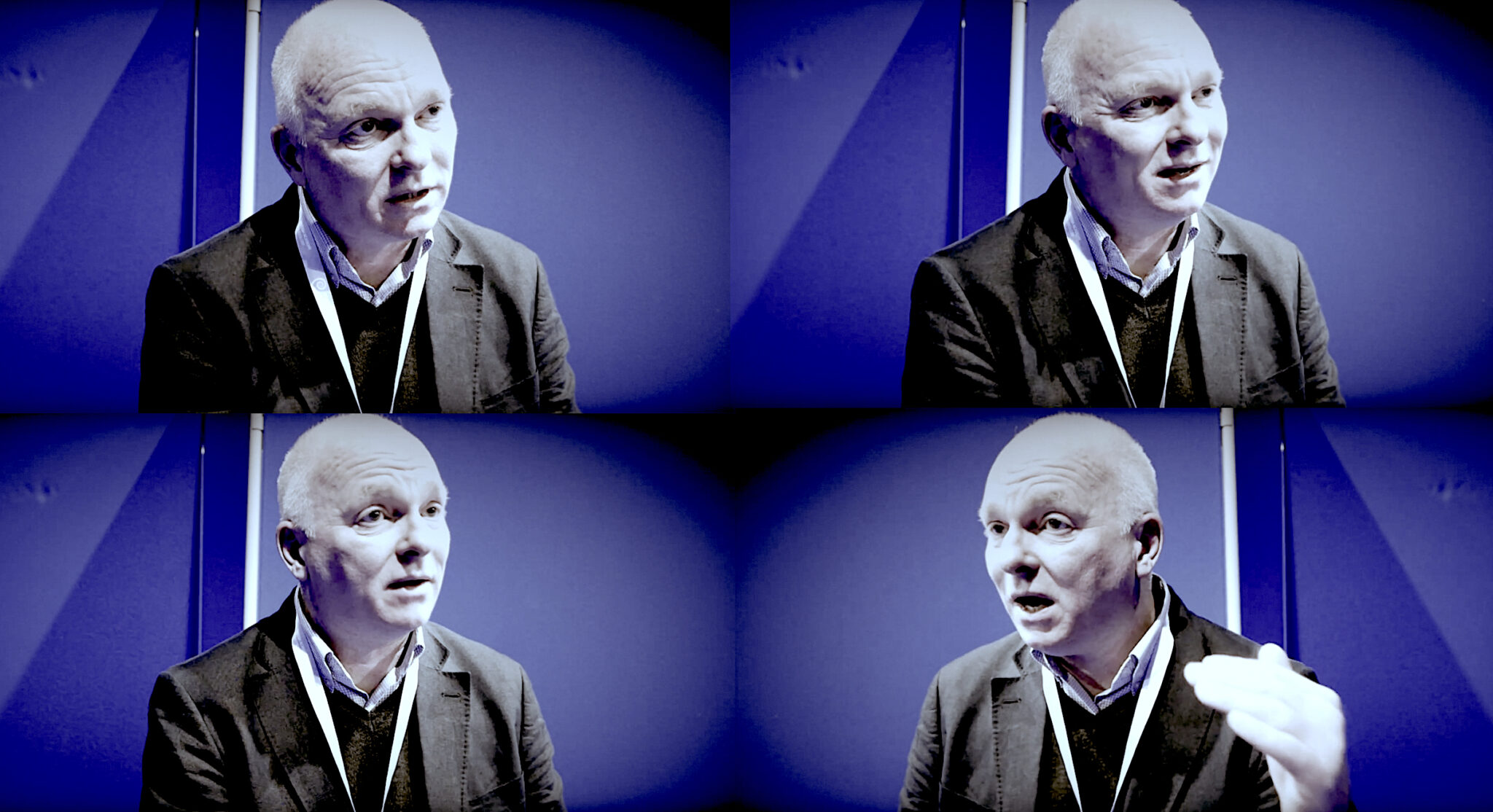Insurance type, ethnicity, and primary language - all factors delaying hearing therapy for children
health access
Being a non-white baby or having public rather than private insurance may delay access for children to the intended benefits of universal newborn hearing screening (NHS), a new study suggests.

Early hearing therapy for all children equally was supposed to be the result of the introduction of NHS in the USA, but new research by the Johns Hopkins University School of Medicine suggests a possible lack of fairness in factors governing what happens between that early screening and the crucial auditory brainstem response (ABS) testing needed for diagnosis and intervention.
In examining what demographic, socioeconomic, and clinical factors are associated with paediatric access to hearing aids, a retrospective cohort study of 90 paediatric patients (aged from one to 15 years of age) diagnosed with hearing impairment and fitted with hearing aids indicates key factors delaying treatment through, for instance, hearing aids or cochlear implants.
The research—published in JAMA – Otolaryngology Head and Neck Surgery— highlights that type of insurance had "a clinically important association with time to first ABR test", "with patients covered under public insurance taking almost twice as long as those with private insurance."
An association was also revealed in relation to race/ethnicity in respect of the same delay between NHS and ABS testing: the mean interval for white patients was 6.3 months compared with 12.3 months for patients of other races.
Although more difficult to calculate, and less reliable—due to a large statistical confidence interval—the study also shows that "patients who identified English as their primary language waited a mean of approximately 6 months less from birth or NHS to ABR testing compared with patients with a primary language other than English".
This particular study did not assess the influence of low socioeconomic status directly, although the authors mention it as a factor to be investigated, pointing out that other previous investigations have shown "an extensive connection between lower socioeconomic status and delays in cochlear implantation as well as worse outcomes following implantation".
Among the limitations of the study, the authors stress: "Our study included only patients who had ABR testing and hearing aids dispensed at our institution." See the full paper here: Identification of Potential Barriers to Timely Access to Pediatric Hearing Aids
"Identifying potential barriers to timely access to paediatric hearing aids may further the discussion of policies to eliminate disparities in access for at-risk children," the study concludes, adding that "greater efforts to assist parents with ABR testing and coordination of follow-up may help improve access for other at-risk children".
Source: JAMA


